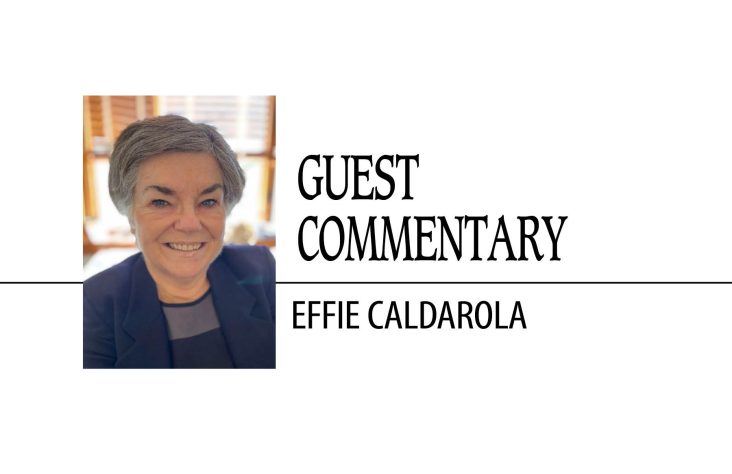December 9, 2009 // Uncategorized
Christ's real presence brings people closer to God, says pope
By Carol Glatz
VATICAN CITY (CNS) — The Eucharist is not a symbolic representation of the Lord because Christ is wholly and entirely present under the species of bread and wine, said Pope Benedict XVI.
“Even today, there is the danger of reducing the reality of the Eucharist — considering it almost as just a rite of communion or socialization, and we too often easily forget that the resurrected Christ is really present,” he said during his general audience in the Vatican’s Paul VI hall Dec. 9.
The pope continued a series of talks on the Christian culture of the Middle Ages by highlighting the work of Rupert of Deutz, a 12th-century Benedictine theologian and abbot.
“He forcefully defended the reality of Christ’s real presence in the Eucharist” and underlined “the continuity between the body of the incarnated word of Christ and (the body) present under the eucharistic species of bread and wine,” said the pope.
The real presence of Christ in the Eucharist draws people out of their own narrow concerns and interests, “incorporating us in his immortal body, and in that way guides us toward a new life,” he said.
“That the Lord is wholly and entirely present is a mystery to be adored and always loved anew,” Pope Benedict said.
The pope said Rupert also made a critical contribution to the debate going on at the time regarding the problem of how to explain the existence of evil in the world when God is fundamentally good and omnipotent.
Some theologians at the time insisted that God allowing evil to occur and God approving of evil were not the same thing, “concluding that God allows evil without approving of it and therefore without wanting it,” the pope explained.
Rupert, however, said such a conclusion was inadequate and he insisted “that the origin of evil is to be found in humanity’s mistaken use of freedom, not in the positive will of God,” the pope said. The Benedictine theologian also highlighted the reality of God’s infinite mercy, his patience and benevolence toward those who sin.
The pope said this figure from the Middle Ages should inspire people to become closer to Christ, who is present in his word and in the Eucharist and “unceasingly accompanies us along our journey.” He asked the faithful to “rejoice in the knowledge that (Christ) remains with us at every moment of our lives and throughout history.”
The best news. Delivered to your inbox.
Subscribe to our mailing list today.





